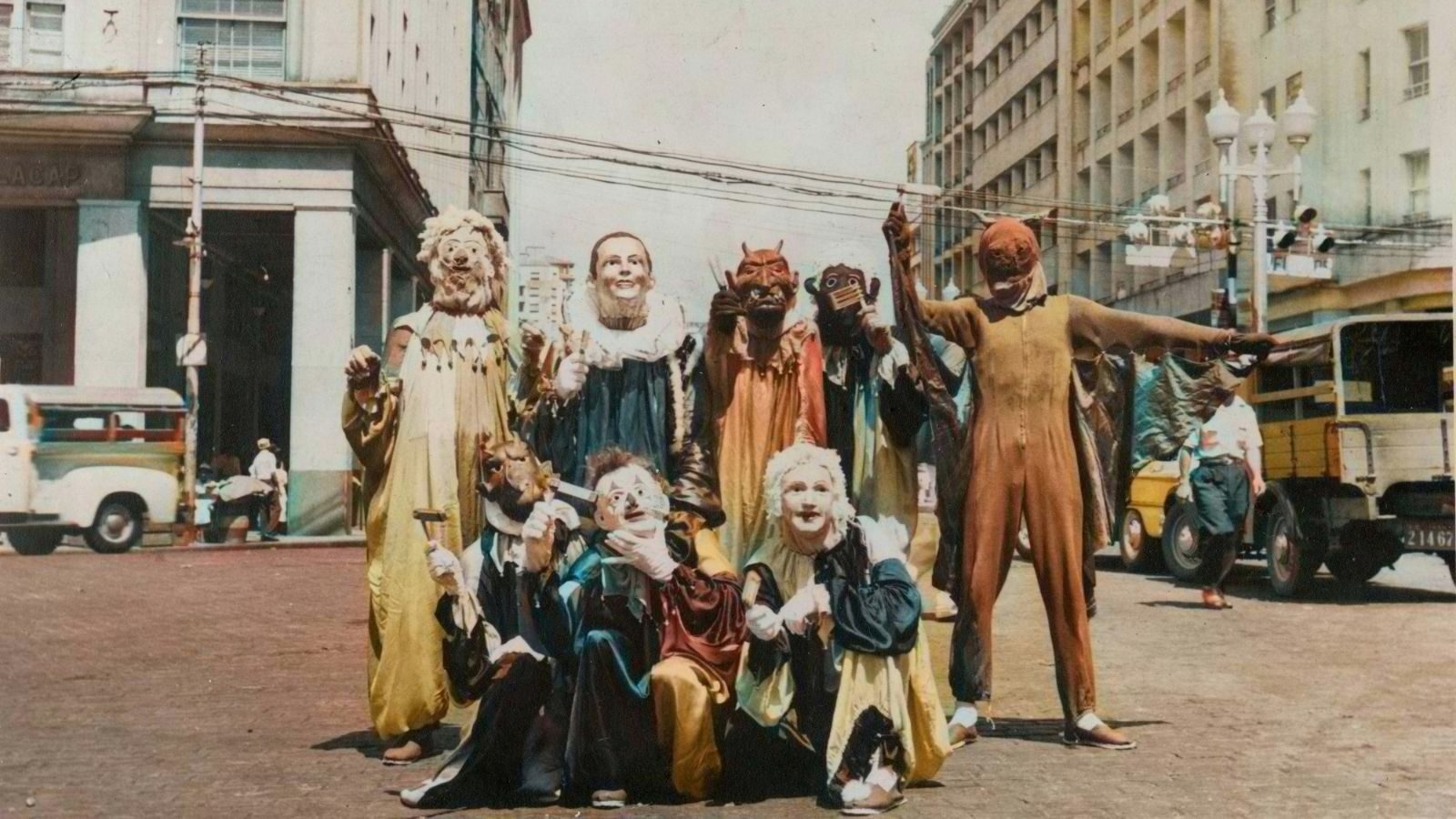The tension between the old and new is often a theme in the films screened at the New York Film Festival. This year was no different, giving audiences stories that straddle the line between now and then, highlighting the ever-shifting social and economic landscape of a chaotic world. Three films in particular, illustrate this theme in unique ways.
The first and most literal example of using cinema to track the march of time is “Pictures of Ghosts.” The film is a journey through Brazil’s cinematic past, acting as a moving document of the spaces left behind.
Brazilian filmmaker Kleber Mendonça Filho tells us the origins of his love for motion pictures, developed in the city of Recife at theaters like the Veneza and Sao Luiz. Though these cinemas were closed over time and converted into different spaces with new people and memories, the ghosts of the films of the director’s youth remain. The film moves at a breakneck pace, backward and forwards in time, as Mendonca recalls with impeccable detail the films and film workers that occupied these historic spaces.

Next is an exercise in slow cinema that gives each time period its own segment. Lisandro Alonso’s “Eureka“ consists of three thematically related stories of varying quality.
The first features Viggo Mortensen as a lone gunman in the Old West searching for his missing daughter. It takes place in a black-and-white, cinematic old west with strange performances, awkward gaps between dialogue, and a lovably cheesy sensibility. The second portion of the film is a more modern western noir, focusing on a Native police officer in South Dakota working late into the night. It plays as a hyperrealistic look into the troubled lives of modern Native Americans as they struggle with poverty and drugs. The film’s third and most abstract portion goes back in time to the ’70s in the Brazilian rainforest, where indigenous workers pontificate about the future of their lives.
While the connection between the first two segments is obvious—the past and present of the Western—the third segment is culturally and geographically divorced from what came before. Deliberately opaque about its themes, “Eureka” challenges audiences to decide how all three narratives connect.

The final film in the batch is much more straightforward about its intentions. “Last Summer,” Catherine Breillat’s glossy remake of the 2019 Danish drama “Queen of Hearts,” reimagines the somber story of a stepmother who starts having an affair with her teenage stepson. Anne (Léa Drucker) is a stylish lawyer specializing in advocating for children. She even has two young adopted daughters with her loving older husband, Pierre (Olivier Rabourdin).
In the present, they have an idyllic life. But when Pierre moves someone from his past life—his troubled teenage son Theo (Samuel Kircher)—into the home to repair their fractured relationship, the teen is defiant and causes friction. Eventually, he and Anne begin a flirtation that escalates into a sexual relationship.
More playful and sensual than its predecessor, Breillat’s take on the story revels in the eroticism of the age gap, focusing on Anne’s fantasies being fulfilled. Ever the provocateur, Breillat paints Anne and Theo as star-crossed lovers, gazing at each other with unbridled passion. But the dynamic between the two could never be equal, and the end of their affair becomes a power struggle for Pierre’s love.
It’s a perverse power struggle rooted in deep erotic tension between wife, father, and son. Breillat skillfully addresses the anxiety of Anne’s lost youth while showing the unfortunate consequences of Theo’s flirtation with adulthood. What’s old cannot be young again; youth itself is fleeting. Only the imbalance of power and time is their undoing.












